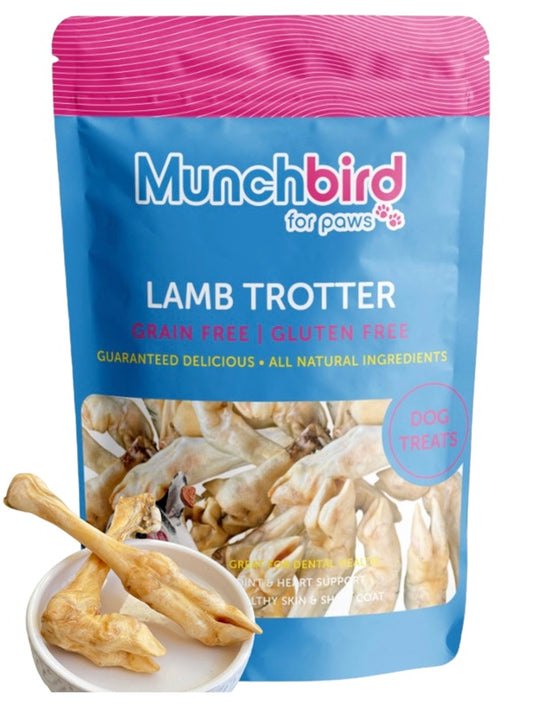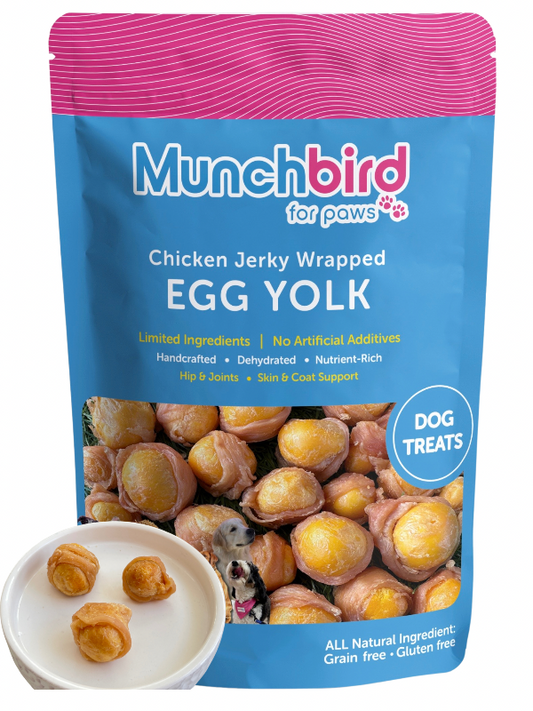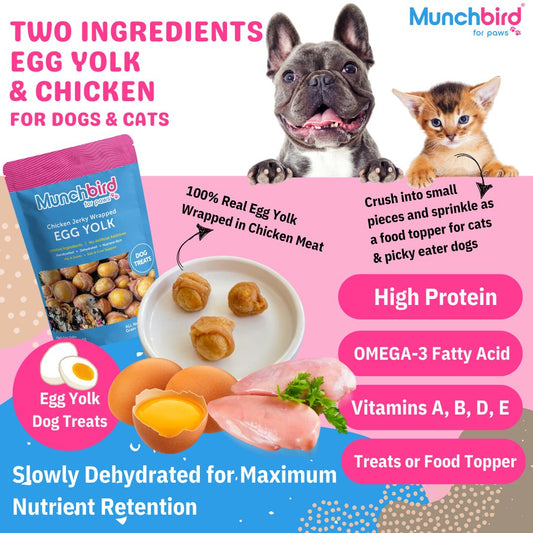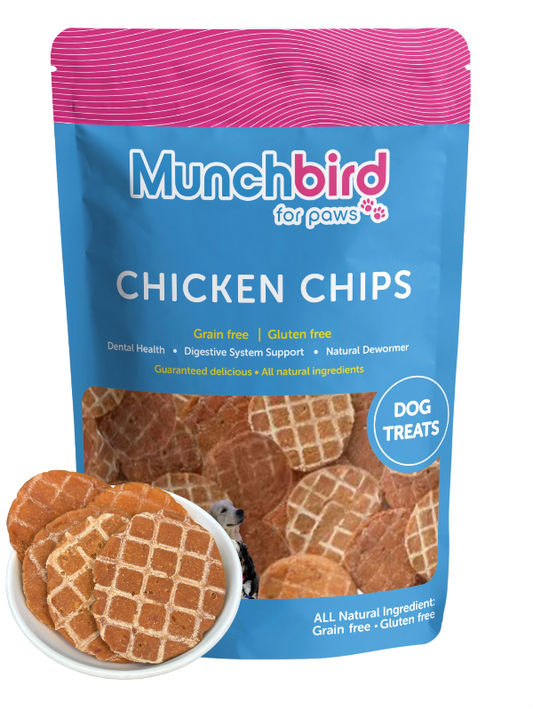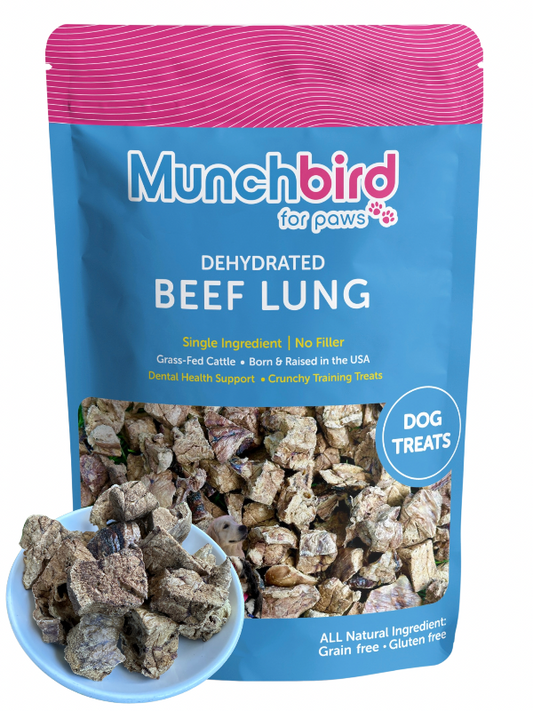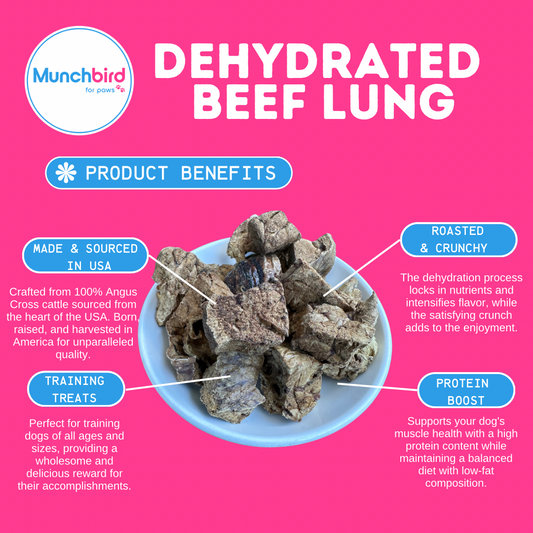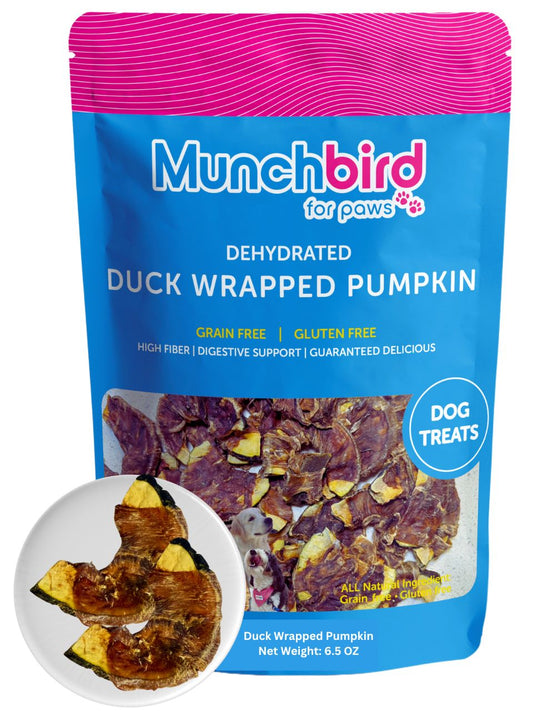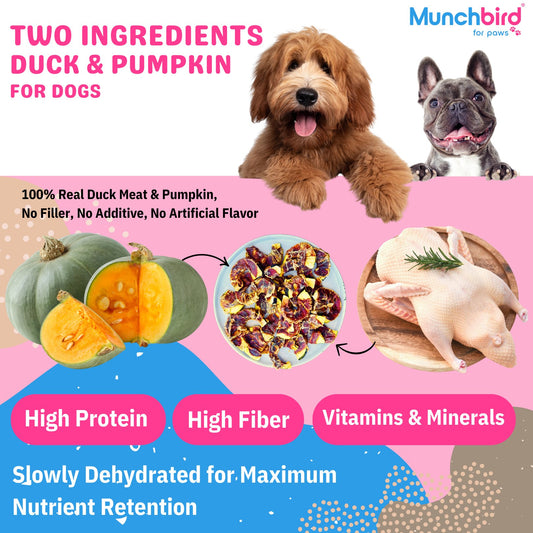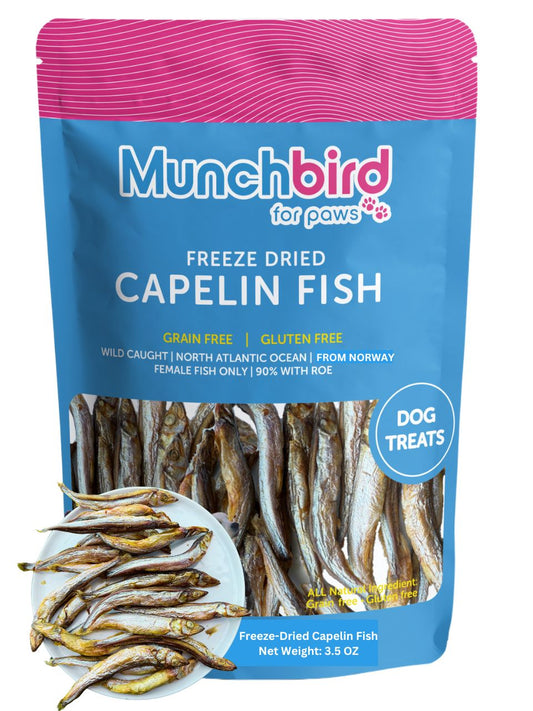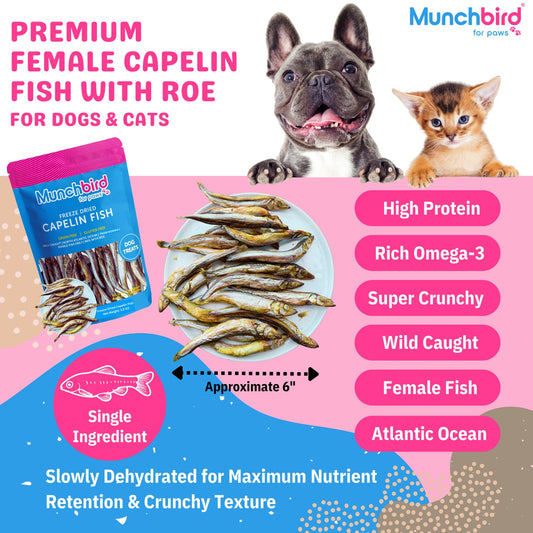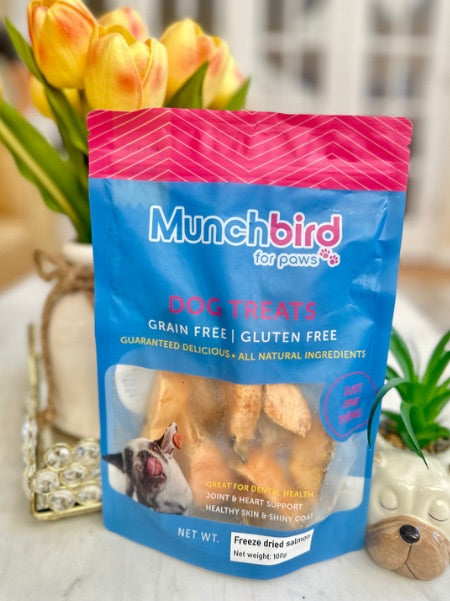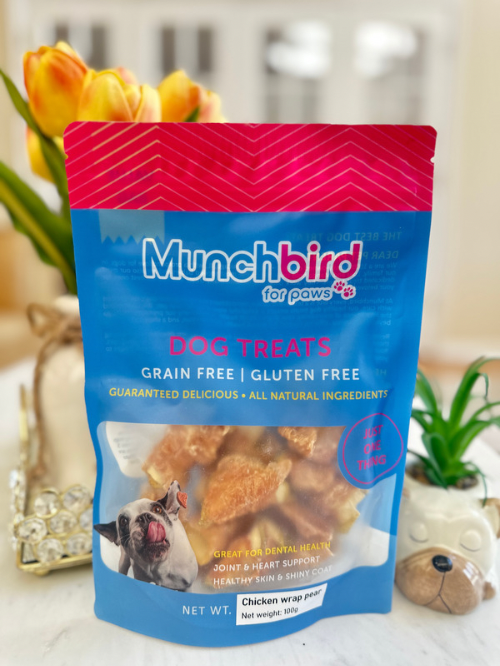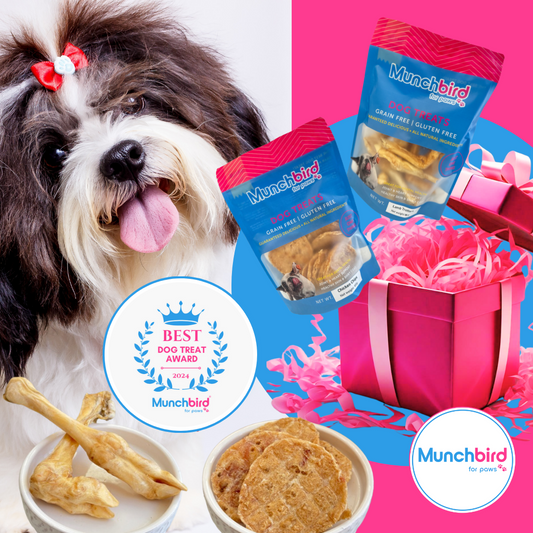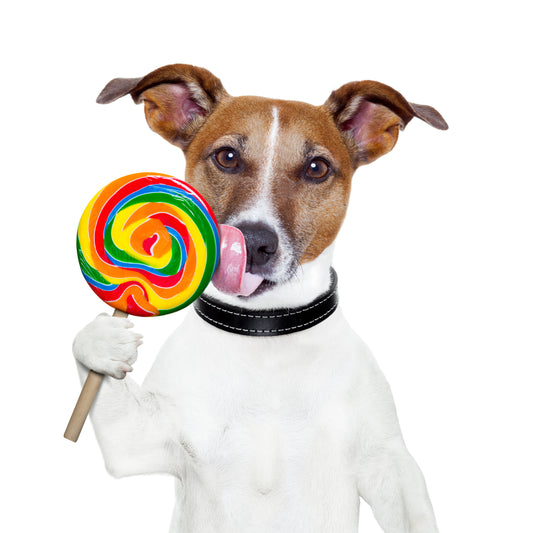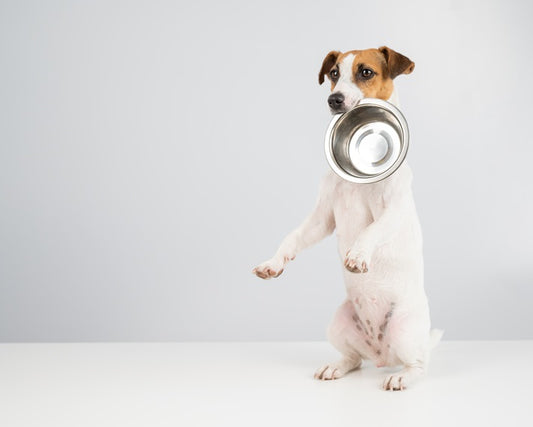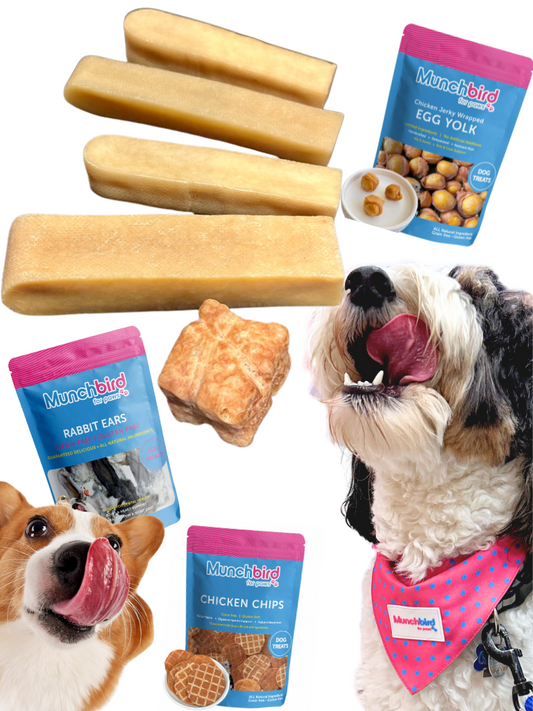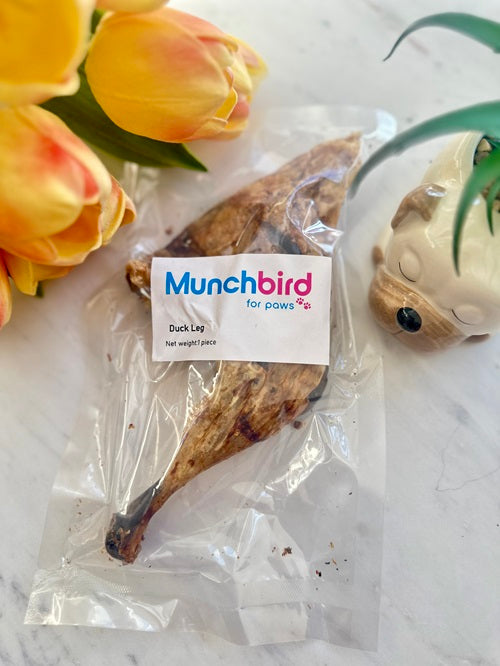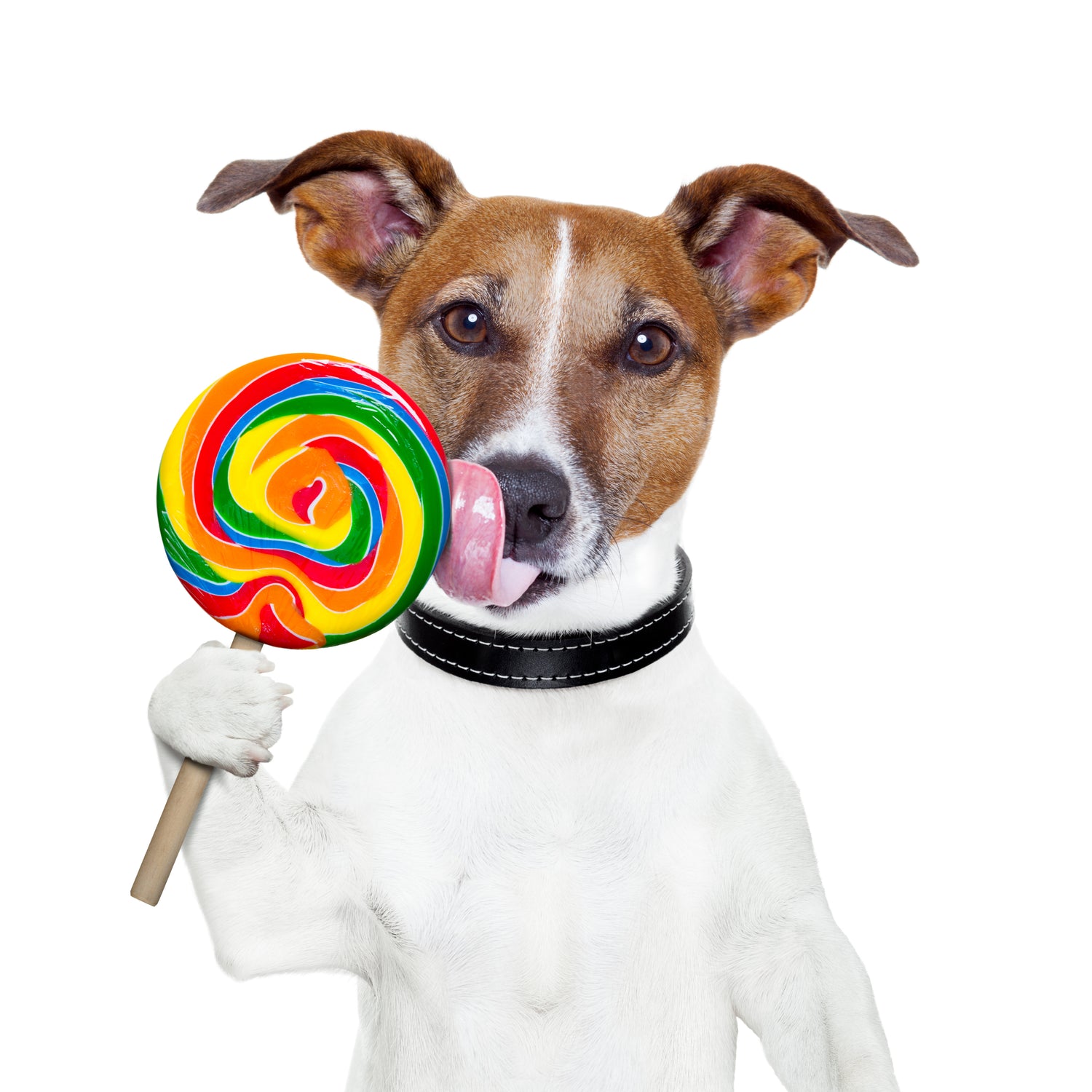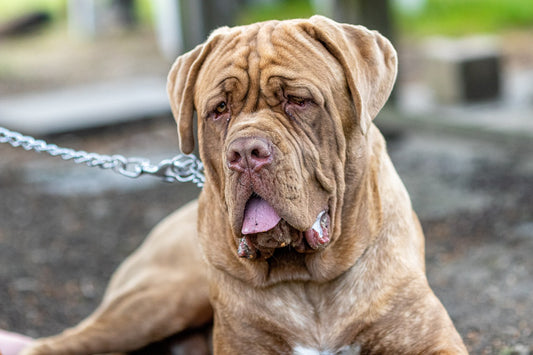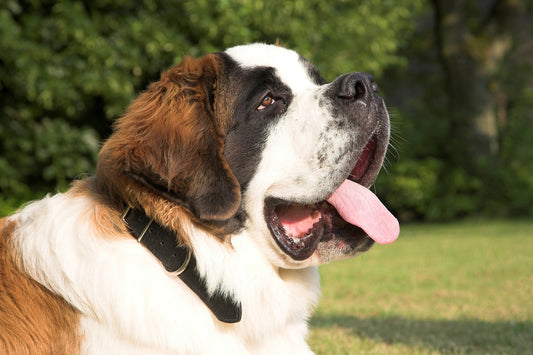Are Bacon Dog Treats Good for Dogs? Debunking the Myths
Bacon-flavored dog treats often evoke images of wagging tails and eager noses, but are they truly beneficial for our canine companions? In this blog, we'll delve into the world of bacon dog treats, exploring their potential benefits and drawbacks, as well as addressing common questions and concerns surrounding their use.

The Appeal of Bacon Dog Treats
Bacon has long been a beloved flavor among humans, and it's no surprise that pet owners are drawn to the idea of sharing this indulgence with their furry friends. The rich aroma and savory taste of bacon can make it an enticing option for dog treats, often leading to enthusiastic responses from our four-legged pals.
The Truth About Bacon Dog Treats
While dogs may adore the taste of bacon, it's essential to consider whether these treats are truly beneficial for their health. Here are some factors to keep in mind:
Nutritional Value: Bacon dog treats are typically high in fat, salt, and calories, which can contribute to weight gain and other health issues if consumed in excess.
Sodium Content: Bacon is notoriously high in sodium, which can be harmful to dogs, particularly those with underlying health conditions such as heart disease or kidney problems.
Artificial Ingredients: Some bacon-flavored dog treats may contain artificial additives and preservatives, which can be detrimental to your dog's health over time.
FAQ - Frequently Asked Questions
Q1: Are bacon dog treats safe for dogs to eat?
A1: While occasional bacon treats are unlikely to cause harm, it's essential to monitor your dog's overall diet and ensure that bacon treats are given in moderation.
Q2: Can bacon-flavored dog treats be used as training rewards?
A2: Bacon treats can be a high-value reward during training sessions, but it's crucial to balance their use with healthier options to maintain your dog's overall well-being.
Q3: What is bacon-flavored dog chews?
A3: Bacon-flavored dog chews are typically chewy treats designed to mimic the taste and texture of real bacon. They may contain bacon flavoring but are often made with alternative ingredients to provide a safer and healthier option for dogs.
There are some dog treats you should Avoid
These Could Harm Your Pet's Health! Check the ingredients-labels before buying!
AVOID: Product/Brand MXX-BXX: Despite their name, MXX-BXX don't actually contain any milk or bone. Instead, they include Butylated Hydroxyanisole (BHA), a known carcinogen linked to tumor development in lab animals. If you spot BHA, BHT, or Ethoxyquin in your pet's treats, it's best to discard them immediately!
AVOID: Product/Brand SnauXXX: These seemingly harmless meaty treats are far from healthy. Loaded with toxic ingredients like BHA and Propylene Glycol (a potential replacement for antifreeze), SnauXXX can lead to serious health issues, including Heinz Body Anemia, which can be fatal. While Propylene Glycol is banned in cat treats, it is still permitted in dog treats.
AVOID: Product/Brand PuppXXX: Don't let the name fool you—PuppXXX treats aren't as innocent as they seem. Filled with harmful additives like BHA and Propylene Glycol, these snacks pose health risks to our furry friends.
AVOID: Product/Brand BXXX' Strips: Far from being real meat or bacon, BXXX' Strips are packed with carcinogenic dyes like Yellow Dye #5 and Red Dye #40. These additives have been linked to various health issues, including hyperactivity, allergies, and even cancer, prompting bans in many European countries.
Conclusion
While bacon dog treats may be a tempting indulgence for our canine companions, it's essential to approach their use with caution. While occasional treats can be enjoyed as part of a balanced diet, it's crucial to prioritize your dog's overall health and well-being. Consider opting for healthier alternatives or homemade treats to ensure that your furry friend receives the nutrition they need without compromising on taste.




